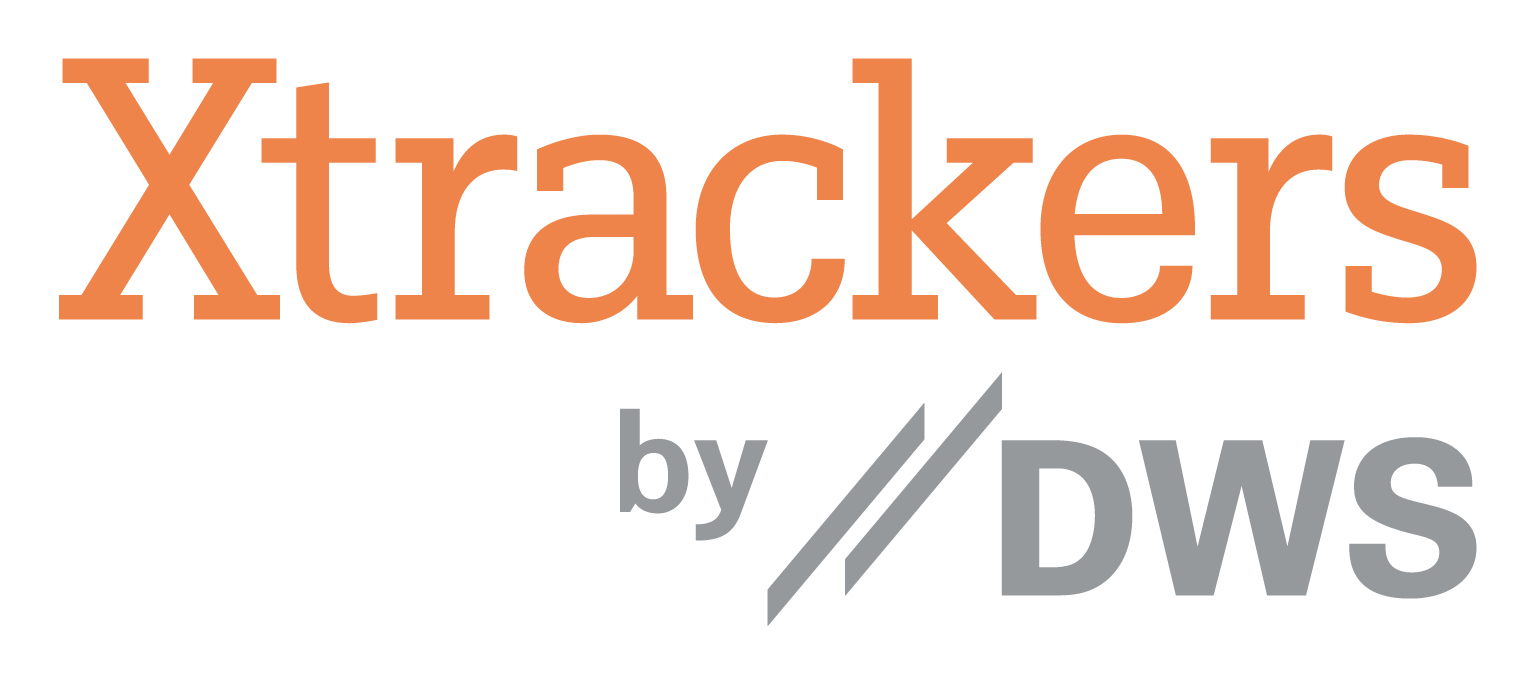DWS will reduce India's weighting in two emerging market ESG ETFs after MSCI changed the rules of the underlying indices to address the country's growing allocation.
The Xtrackers MSCI EM Asia ESG Screened Swap UCITS ETF (XMAS) and the Xtrackers MSCI AC Asia ex Japan ESG Swap UCITS ETF (XAXJ) will have their indices reweighted at the end of each month if Indian assets exceed 18% of their indices.
“The excess weight will be distributed among the remaining constituents in proportion to their existing weights in the reference index,” DWS said in a shareholder notice.
Indian equities have continued their rise in recent months. Last week, BlackRock said it is overweight India as it tips the world’s fastest-growing economy to benefit further from global megatrends.
MCSI said it will also introduce a daily check and will adjust India's weight back to 18% if it crosses 20% any day before the month ends.
The changes came into effect for XMAS on 9 February while XAXJ will see the changes occur on 1 March.
"These indexes apply a bespoke capping approach, which was implemented following consultation with the fund manager client," a spokesperson from MSCI said.
The MSCI Emerging Markets Asia ESG Screened index offers exposure to 1,100 large and mid-cap securities across seven emerging markets countries.
The index’s highest regional weighting is China which makes up 32.2% of the index, followed by Taiwan at 22.6% and India at 22.3%.
The MSCI AC Asia ex Japan Low Carbon SRI Leaders index invests in 293 large and mid-cap securities across two developed markets countries, excluding Japan, and eight emerging markets countries in Asia.
China leads the index at 38%, followed by India (21.1%) and Taiwan (12.8%).
It comes after MSCI underwent a reweighting in its flagship emerging markets index, adding five Indian stocks and removing 66 Chinese companies at the end of February as the two economies continue to diverge.
Other news from the firm came last week then it saw the index methodology change on several German equity products including its $4.5bn DAX ETF.




